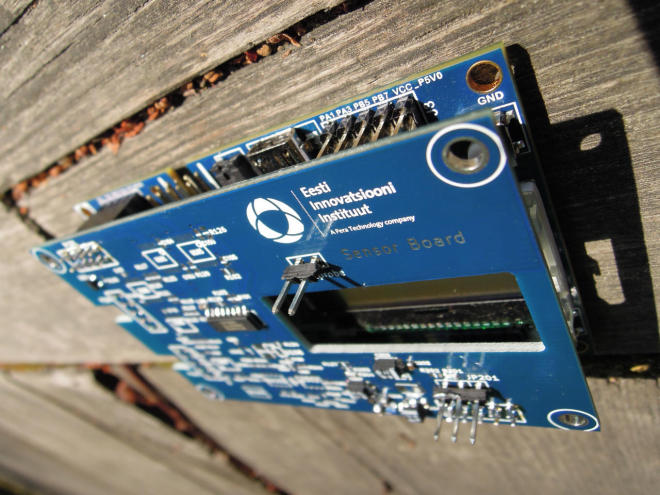More and more technologies are at the point now where their cost and reliability make sense for industrial applications. This has been led by the rise of smart factories in the manufacturing industry. But several industries are quickly adopting IIoT (Industrial Internet of Things) technologies – transportation and healthcare being just a few of the examples.
Robotics is a big part of the IIoT picture. Automotive, electrical, and electronics industries with the growing concept of Industry 4.0 are the key for the growth of the smart machines market. The need to monitor and evaluate real-time data and the process of streamlining the manufacturing set-up process has increased investments in smart machines with artificial intelligence technology, as highlighted by Technavio’s Global Smart Robots Market research.
Worldwide sales of industrial robots have risen 12% compared to 2015 and the robotics industry in North-America is thriving as the orders hit a record in the first half of 2016. Companies begin to understand the benefits of automatization more clearly, but within the global market sales are still being driven by already highly automated and economically developed countries. In Europe the total sales figures for industrial robots in 2015 rose by ten percent to 50,000 units compared to the previous year – with the lead of Germany, Italy and Spain.
To get the most out of new technologies companies, we will need to get ready for a transformation now. The President of the International Federation of Robotics sees the wave of machines, logistics and production plants merging into integrated cyber-physical systems driving the robotics boom forward until 2018 – that means it is the last chance to get on board.
Sensors, together with the ability to store information about the series of processes and machine conditions give smart machines the power to prevent processing errors. Their use and abilities have been growing widely –public safety and clinical research being just a few of the recent examples.
The field is wide and full of potential. EII work with autonomous wireless sensors for leak detection, and unobtrusive sensors in the car seat and in seat belt, detecting heart rate and breathing activity giving fast signals trough processing unit, are just a few more examples.
Among all the newsfeed regarding sensors development, we now see conventional industrial sensors challenged by Microelectromechanical system (MEMS) sensors that can detect the tiniest physical variables. They are small, smart, energy efficient, and economical – but not yet not yet powerful enough for the demands of an industrial environment.
AMELI 4.0 research lead by Bosch, in partnership with other European companies, plans to further develop a MEMS sensor platform that makes sensors suitable for industrial applications by monitoring machines and detecting deviations from normal operating status immediately.
Sensing the surroundings cannot be underestimated. The better understanding of the operational environment smart machines have, the more efficient they get. We have experienced engineers in EII, who can design, build, install and maintain custom-made equipment for your manufacturing plant and train your personnel to operate the equipment efficiently and safely.
We keep our finger on the pulse of new discoveries in the industry and working continuously to give our contribution. You will be posted! And if any ideas pop up that are in the need of a practical outcome, don’t hesitate to contact us!

